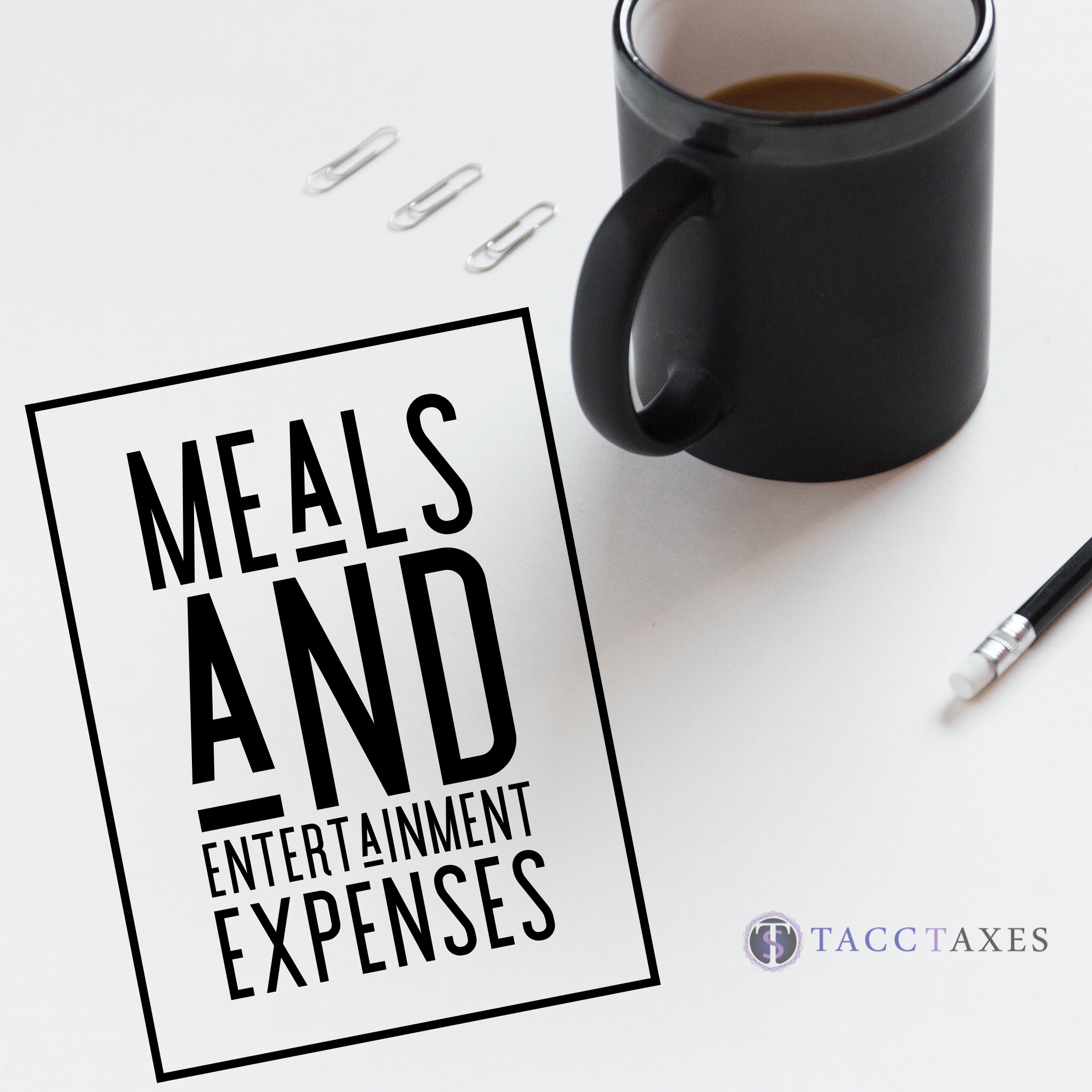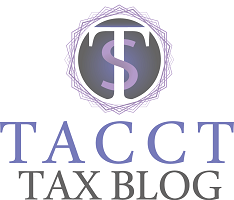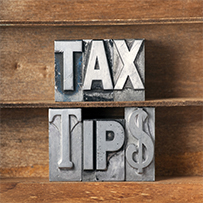
The IRS has issued Notice 2018-76, that provides guidance on the business expense deduction for meals and entertainment.
This is in light of the Tax Cuts and Jobs Act (TCJA), which was supposed to eliminate deductions for expenses pertaining to activities generally considered entertainment, amusement or recreation.
Before 2018, a business could deduct up to 50 percent of entertainment expenses directly related to the active conduct of a trade or business or, if incurred immediately before or after a bona fide business discussion, associated with the active conduct of a trade or business. However, that changed with the passage of the tax code overhaul last December.
The meals can involve a current or potential business customer, client, consultant or similar business contact. Food and beverages that are provided during entertainment events will not be considered entertainment if purchased separately from the event.
Section 274 of the tax code now generally disallows a deduction for expenses with respect to entertainment, amusement or recreation after passage of the new tax law. However, the Tax Cuts and Jobs Act doesn’t specifically address the deductibility of expenses for business meals.
Those curious about what is defined as entertainment can check out page 3 of Notice 2018-76, which includes the following list of recreational locations:
- Night clubs
- Cocktail lounges
- Theaters
- Country clubs
- Golf and athletic clubs
- Sporting events
Notice 2018-76 also includes “hunting, fishing, vacation, and similar trips” as activities and events that qualify as entertainment, but specifically notes circumstances that would not count, like giving an employee who’s working late some money for food.
The Treasury Department and the IRS plan to publish proposed regulations that will clarify exactly when business meal expenses are deductible and what constitutes entertainment. Until those proposed regulations take effect, taxpayers can rely on guidance in Notice 2018-76 (pdf), which the IRS issued Wednesday, October 3, 2018, in conjunction with the announcement.
Examples from the notice are below.
Meals with Client
In order for meals to be considered 50 percent deductible business must be discussed during the meal and should be classified as: meals. If no business is discussed the meal is not deductible for tax purposes and thus should be entered as: entertainment.
Meals with Coworkers
Meals with employees/coworkers where business is discussed are considered 50 percent deductible and should be classified as: meals. If no business is discussed the meal is not deductible for tax purposes and thus should be entered as: entertainment.
Meals while Traveling
Meals when traveling for business are considered 50 percent deductible and should be classified as: meals.
Celebratory Meals
Company activities, such as holiday parties, birthday and anniversary celebrations, picnics, etc. are fully deductible. In order to capture the 100 percent deductibility, these expenses should be classified as: meals – celebratory.
Entertainment
No tax deduction is allowed for entertainment, amusement or recreation expenses. This includes tickets to not-for-profit high school or college sporting events, leased skyboxes for sporting events, transportation to/from sporting events, cover charge, taxes, tips and parking for entertainment events. These types of expenses should be classified as: entertainment.
Membership Dues/Fees
Generally, you cannot deduct amounts paid or incurred for membership in any club organized for business, pleasure, recreation or any other social purpose. This includes country clubs, golf and athletic clubs, hotel clubs, sporting clubs, airline clubs and clubs operated to provide meals under circumstances generally considered to be conducive to business discussions. These types of expenses should be classified as: nondeductible dues.
Exception: The following organizations are not treated as clubs organized for business, pleasure, recreation or other social purpose unless one of the main purposes is to conduct entertainment activities for members or their guest or to provide members or their guests with access to entertainment facilities and can classified as: professional dues and meetings.
- Boards of trade
- Business leagues
- Chambers of commerce
- Civic or public service organizations
- Professional organizations such as bar associations
- Trade associations
Sponsorship Events
Payments for sponsoring events, such as charity dinners or golf outings, will require to be purchased separately stating the following amounts: fair market value (FMV) of entertainment, FMV of meal and the remainder being classified as: sponsorship.
Example 1
You drive to meet a client, have dinner with them where substantial business is discussed, attend a sporting event and you drive home. Below is how the expense should be classified:
Expenses for mileage to and from the time with the client: travel – mileage
Dinner and/or drinks for the night: meals
Sporting event tickets: entertainment
Example 2
You drive to meet a client, attend a sporting event where substantial business is discussed and you drive home. Because the premise of the evening is to attend a sporting event below is how the expense should be classified:
Expenses for mileage to and from the time with the client: entertainment – mileage
Drinks for the night: meals
Sporting event tickets: entertainment
Example 3
You pay $5,000 to attend a YMCA golf outing with prospects where substantial business is discussed and the letter breaks out the fees as follows: hole sponsorship $3,500, green fees $1,000, lunch/drinks $500. Below is how the expense should be classified:
Hole sponsorship: sponsorship
Green fees: entertainment
Lunch/drinks: meals
Updates on the implementation of the TCJA can be found on the Tax Reform page of IRS.gov.
Follow us: @the_tax_lady | TACCT on Facebook
Read our Tax Insight Newsletters
Schedule a Tax Appointment



